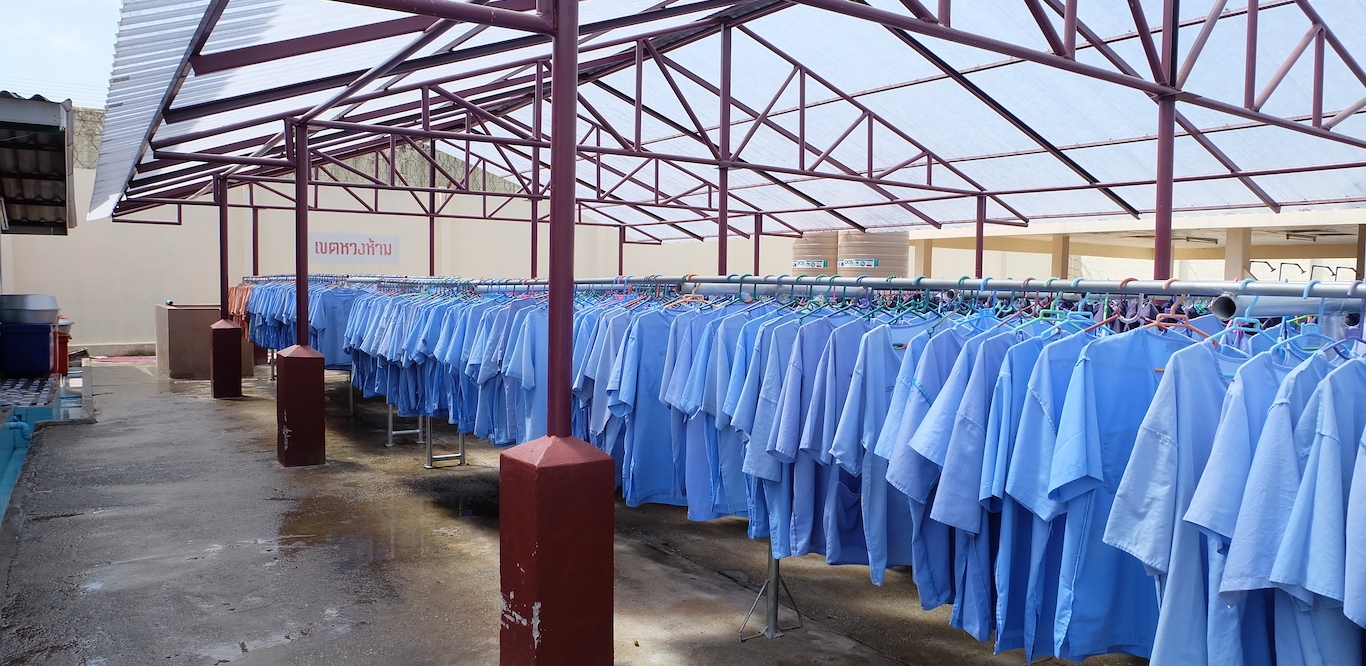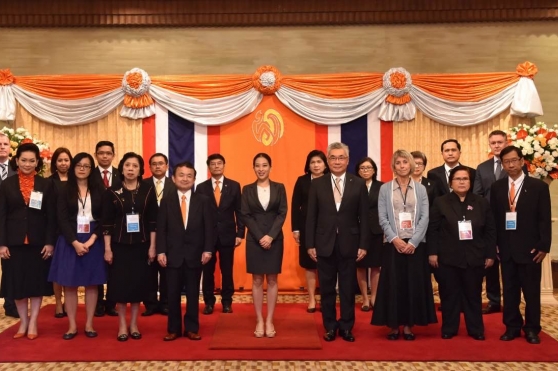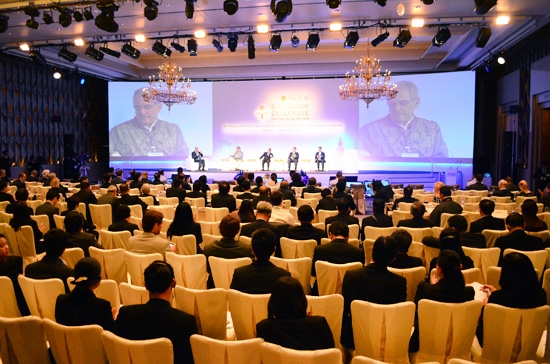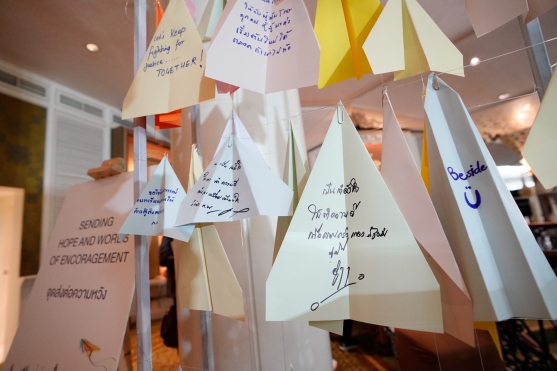TIJ kick starts the Model Prison Project 2019
Between May and June 2019, the Implementation of the Bangkok Rules and Treatment of Offenders Programme (IBR) at Thailand Institute of Justice (TIJ) carried out the preliminary Model Prison assessments under the Bangkok Rules Model Prison Project in Southern Thailand. The ten prisons being evaluated are: Chaiya Prison, Songkhla Women’s Correctional Institution, Pattalung Prison, Trang Prison, Ranong Prison, Takuapa Prison, Krabi Prison, Nakorn Sri Thammarat Prison, Thung Song Prison, and Pak Panang Prison.
The purpose of the visit was to provide technical recommendations to management and staff on the topics of prison management in accordance with the Bangkok Rules, including the documentation process and infrastructure development. The assessment committee comprised of representatives from the Department of Corrections, TIJ, and external specialists.
Results from the assessment process indicated that most prisons are undergoing positive changes in keeping with the Bangkok Rules by creating separate gender-based wings, search areas, and signs declaring prisoner rights. Moreover, childcare facilities are hygienic and suit the needs of pregnant women, nursing mothers, and women with children. However, there is room for improvement in most areas.
In August, the assessment team will survey and follow up on the improvement of the prisons again before declaring the Southern Model Prisons according to the Bangkok Rules.
This year, TIJ aims to encourage prisons in Southern Thailand to proactively apply the Bangkok Rules. This will better equip prison staff with guidelines on the treatment of offenders, taking into account the principle of human rights. Simultaneously, improving the prison environment and training prisoners will also result in an enhancement of their self-esteem, life skills, and increase their ability to peacefully reintegrate into society.






